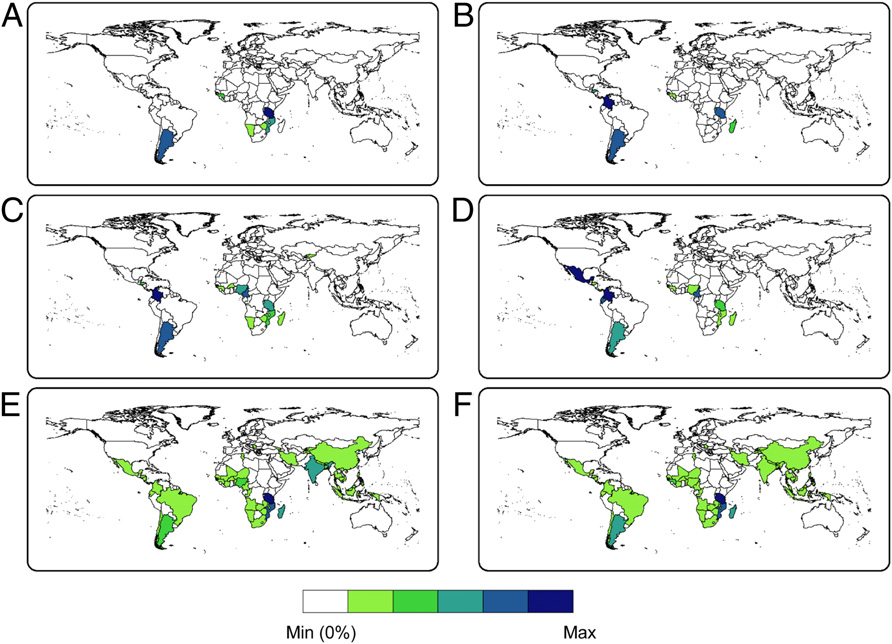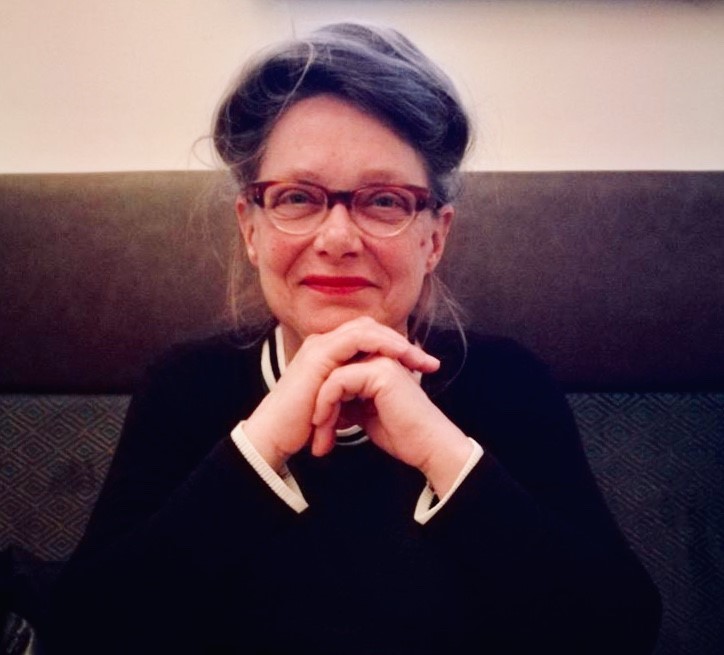18 urria, 2019
Published by BC3Research at 18 urria, 2019
Categories
The training session ARIES (Artificial Intelligence for Ecosystem Services) will illustrate how the ARIES modelling framework implements integration and interoperability approaches through semantic web modelling and how this approach can overcome some of the common challenges of data and model integration, providing a broad range of collaborative models from simple to complex, while efficiently reusing scientific and stakeholder knowledge and sharing it with the larger ecosystem services community.Alivedemowill show how its web interface k.Explorerworks.
Do you like it?
21 urria, 2019
Published by BC3Research Ignacio Palomo Maria Jose Sanz Unai Pascual at 21 urria, 2019
Categories
Klima-aldaketa eta biodibertsitatea kontserbatzea dira gure garaiko bi ingurumen-erronka nagusiak. Gizarte-erronka handienetako bat ekitatea da, zeina baita Nazio Batuen 2030 Agendaren eta Garapen Jasangarrirako Helburuen zutabe nagusietako bat. Aurretiko zenbait azterlanek klima-aldaketaren eta biodibertsitatearen arteko erlazioak aztertu dituzte, eta bi aldagaien artean korrelazio positiboa dagoela erakutsi dute.
22 urria, 2019
Published by BC3Research Maria Jose Sanz at 22 urria, 2019
The Paris Agreement introduced an ambitious goal of limiting warming to 1.5 °C above pre-industrial levels. Here we combine a review of modelled pathways and literature on mitigation strategies, and develop a land-sector roadmap of priority measures and regions that can help to achieve the 1.5 °C temperature goal. Transforming the land sector and deploying measures in agriculture, forestry, wetlands and bioenergy could feasibly and sustainably contribute about 30%, or 15 billion tonnes of carbon dioxide equivalent (GtCO2e) per year, of the global mitigation needed in 2050 to deliver on the 1.5 °C target, but it will require substantially more effort than the 2 °C target
7 azaroa, 2019
Published by BC3Research at 7 azaroa, 2019
Categories
One of the most challenging aspects of the Anthropocene and ongoing climate change is the aspect of change. Environments change, we change environments, so now humanity needs to change. Change our perceptions of the planet and the self, our research and working methods, our idiom and visual narratives, and also teaching methods. Drawing from experiences of artists collective Satellietgroep and the educational pilot project called Beyond Technology, Dutch artist-curator Jacqueline Heerema shares methods that target at inclusive co-creation of knowledge to enhance professional and public climate-consciousness.
Do you like it?




